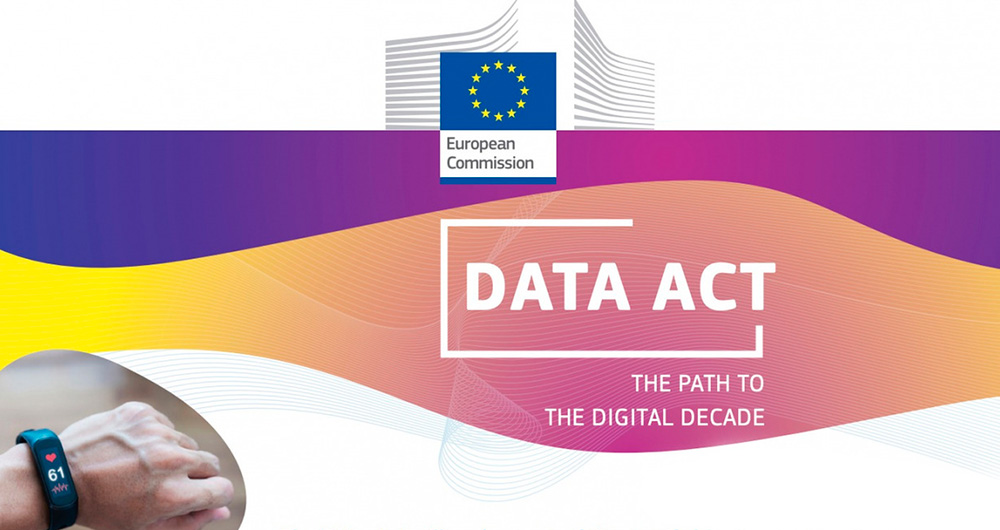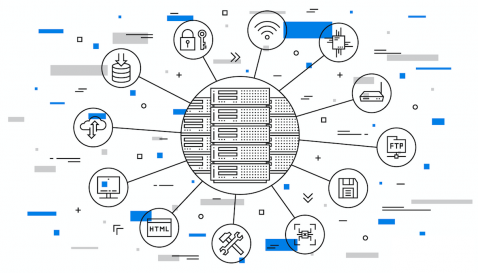8 posts found
AI Data Readiness: Preparing Data for Artificial Intelligence
Over the last few years we have seen spectacular advances in the use of artificial intelligence (AI) and, behind all these achievements, we will always find the same common ingredient: data. An illustrative example known to everyone is that of the language models used by OpenAI for its famous ChatGP…
Data policies that foster innovation
The importance of data in today's society and economy is no longer in doubt. Data is now present in virtually every aspect of our lives. This is why more and more countries have been incorporating specific data-related regulations into their policies: whether they relate to personal, busin…
User access to data from connected products and related services in the new European Data Regulation ( Data Act)
The adoption of the Regulation (EU) of the European Parliament and of the Council of 13 December 2023 on harmonised rules for fair access to and use of data (Data Law) is an important step forward in the regulation of the European Union to facilitate data accessibility. This is an initiative already…
FAIR principles: the secret of the data wizards.
Books are an inexhaustible source of knowledge and experiences lived by others before us, which we can reuse to move forward in our lives. Libraries, therefore, are places where readers looking for books, borrow them, and once they have used them and extracted from them what they need, return them.…
Hot OSM: Collaborative mapping to coordinate emergency response
The humanitarian crisis following the earthquake in Haiti in 2010 was the starting point for a voluntary initiative to create maps to identify the level of damage and vulnerability by areas, and thus to coordinate emergency teams. Since then, the collaborative mapping project known as Hot OSM (OpenS…
Data Act, a new initiative in the framework of the European Data Strategy
Updated 02/29/24
At the end of 2021, an agreement was reached between the European Parliament and Member States to push forward the proposed Data Governance Act. The aim was to create processes and structures to facilitate the exchange of data between all relevant actors.
Shortly thereafter, it was…
Formulas for accelerating data collaboration
After a period in which efforts were focused on releasing data, mainly from the public sector, in conditions in which it could be reused to create value in its different forms (economic, social, cultural, etc.), we are finding increasing activity around collaboration between organizations to solve b…
The ecosystem that nourishes open data
On too many occasions, open data initiatives are born in governments as purely technical projects whose purpose is simply creating a data catalog, when, in reality, they should be seen as collaborative transformation projects that take place within complex and variable environments, in which th…







